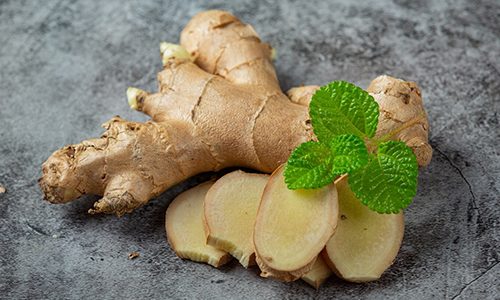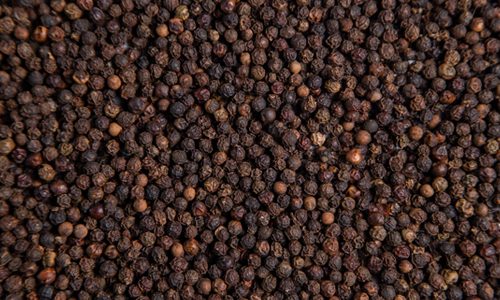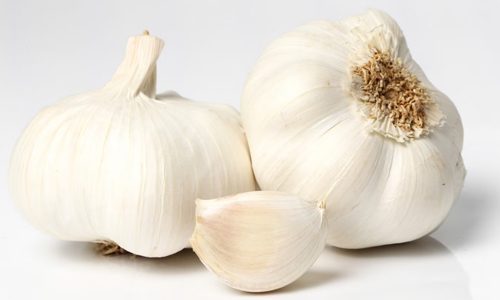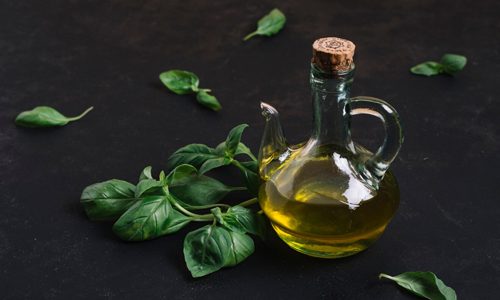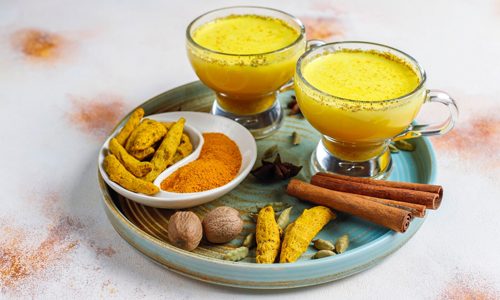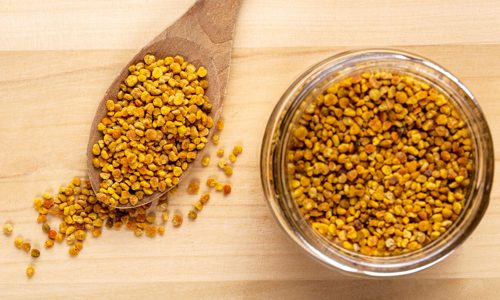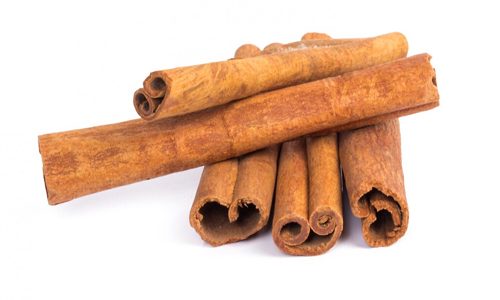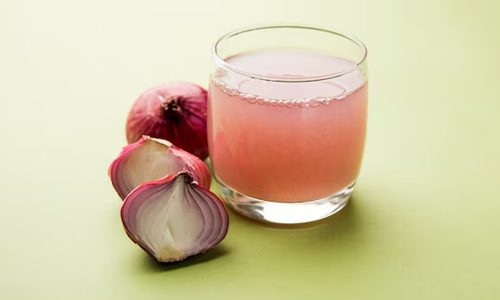Table of Contents
Cough is common in adults, children, and even newborn babies. Various reasons cause coughs, such as colds, flu, smoke, dust, and respiratory tract infections. The cough occurs when the airways are clogged with mucus and other foreign particles, which supposedly irritate the membrane, eventually leading to coughing. Frequent coughing may be a symptom of an underlying serious disease like tuberculosis. However, here are some of the home remedies for cough that you have to know.
20 Home Remedies for Cough
We’ve listed a few home remedies for your consideration!!
1. Honey
Honey contains antibacterial and anti-microbial properties that cure minor bacterial or viral infections. When added to warm water or tea, it soothes the throat and treats daytime and nighttime coughs. According to modern scientific literature, Honey is beneficial in treating various diseases, including diabetes, respiratory, gastrointestinal, cardiovascular, and nervous systems, and even cancer treatment. Manuka honey, crafted in Australia and New Zealand by bees pollinating the Leptospermum scoparium bush, is believed to treat wound infections and other ailments.
2. Ginger
Ginger is the most common ingredient in every kitchen and it is also a popular traditional remedy. Ginger contains rich antibacterial and anti-inflammatory properties that help boost the immune system and relieve discomfort. Ginger extract can be added to warm water, tea, or beverages. New research University of Colorado Anschutz Medical Campus indicates that ginger supplements may play a crucial role in managing inflammation in individuals with autoimmune diseases.
3. Steam Inhalation
Steam inhalation is a very effective remedy for cough. Better you can take a steam inhalation after a hot shower, while inhaling the steam helps soften the mucus in your throat and lungs, and cures your respiratory problems. Thus it helps you get rid of cough easily. In the latest study, Effects of counterpressure breathing with steam inhalation on lung function in stable asthma.
4. Saltwater Gargle
Gargling with warm water can help soothe your sore throat. Salt water helps stop inflammation and kill bacteria present in your mouth. Dissolve ½ teaspoon of table salt in a glass of warm water and gargle with it in the back of your throat for a few seconds, then spit it out. For quick results, continue this until you feel better.
5. Turmeric Milk
Tumeric is a primary ingredient for cough that contains anti-inflammatory, antiviral, and antibacterial properties. It is an Ayurvedic medicine, used to treat upper respiratory conditions like bronchitis and asthma. Turmeric, when added to warm milk along with a pinch of pepper, suppresses the cough and gives instant relief.
6. Peppermint Tea
Peppermint leaves are well known for their healing purpose. Take 2 cups of water, add some peppermint leaves, and boil it. Let the tea steep for about 5 minutes and your tea is ready now! Menthol, a particular compound naturally found in peppermint, helps boost your immune system, and it has vitamin C and antimicrobial and antiviral properties. This tea will give you instant relief from a severe cough. A study published in Complementary Therapies in Medicine found that peppermint oil reduced nausea and vomiting frequency and severity in cancer patients undergoing chemotherapy.
7. Eucalyptus Oil
Eucalyptus oil is mostly used to calm coughs in several ways. Take a few drops of eucalyptus oil and rub them into your chest and throat otherwise, you can dilute a few drops of eucalyptus oil in boiling water and inhale the steam, it helps treat flu and cough. Recent studies show strong molecular docking between bioactive compounds in Eucalyptus essential oil, which significantly mediates viral replication and transcription.
8. Honey and Black Pepper
Honey and black pepper are a superb combination to treat sore throat and dry cough. You can add black pepper along with the two tablespoons of honey. Mixing pepper and honey helps you get immediate relief from throat pain. The study suggests that a combination of black pepper and honey may aid in weight loss.
9. Garlic
Raw garlic has the potential to block cough and cold infections. Eating two crushed or half-burned garlic pieces on your empty stomach gives you relief from a sore throat and wet cough. In the latest research In 1550 B.C., garlic was utilized as a medicinal remedy in various epidemics like typhus, dysentery, cholera, and influenza due to the lack of antibiotics and pharmacy products.
10. Thyme Tea
Thyme has several medicinal uses but it is commonly used as a remedy for cough and throat irritation. Add some sprigs of thyme to a cup of boiling water and leave it for 5 to 8 minutes then strain it and drink. This refreshes your throat from any sort of infection.
11. Marshmallow Root Tea
Marshmallow root is an herb with a long history of use in treatments related to throat infections.
It has antioxidative and anti-inflammatory properties and provides you relief from infections. Marshmallow root is available as a dried herb and also in tea bags.
12. Apple Cider Vinegar
Apple cider vinegar is a very good home remedy for cough, as long as it is used properly. The acid that comes from the vinegar helps clean our throats from viral infections. Add 2 tablespoons of high-quality ACV to a glass of water and then drink. Always avoid raw apple cider vinegar. This study shows that 12 weeks of ACV consumption significantly reduced anthropometric variables and improved blood glucose, triglyceride, and cholesterol levels in overweight/obese adolescents/adults.
13. Pineapple Juice
Research says the nutrients in pineapple juice can help soothe the symptoms of a cough or cold. Bromelain is an enzyme present in pineapple, which may help suppress the sore throat and break down the mucus.
Also Read: 5 Reasons to add pineapple to your diet
14. Licorice Root Tea
Licorice is a traditional treatment for cough, asthma, and even throat infections. Licorice root tea helps as a dietary supplement for conditions like respiratory infections, and bacterial infections.
15. Oregano Oil
Oregano oil has antioxidant, anti-inflammatory, and antifungal properties. It might help reduce cough and fight against some bacteria and viruses.
16. Warm Milk With Turmeric
Warm milk with turmeric is the ancient home remedy for several infections like cough, congestion, and even skin problems. Having a glass of turmeric milk before bed helps you get relief from cough, and sore infections by the next morning.
17. Fenugreek Tea
Fenugreek is a natural remedy for dry soreness. It has antifungal properties, it kills bacteria that irritate your throat.
How to Make Fenugreek?
To make fenugreek tea, mix 1 tablespoon of fenugreek seeds and 1 cup of water in a pot and heat them over a high flame. Now your fenugreek tea is ready!!
18. Cinnamon Tea
Cinnamon-infused water is a traditional remedy for healing colds, coughs, flu, etc. Cinnamon tea has natural anti-inflammatory effects that can reduce and stop your cough. A 2020 study revealed that consuming less than a teaspoon of sugar daily can potentially lower blood pressure in individuals with obesity.
Also Read: 5 Best Benefits of Cinnamon Water
19. Onion Syrup
Drinking onion syrup can soothe your irritated throat. As it has sulfuric compounds that actually prevent inflammation, also it fights against mucus and acts as a natural medicine.
20. Clove Tea
Clove tea has been used traditionally for its medicinal properties. Clove is good for the lungs and it may also clear the mucus problem.
How to Prevent Coughing
If you’re dealing with a cough or some other respiratory problems or infections, you just want immediate relief. Some of the remedies given above like peppermint tea, turmeric milk, and steam inhalation may help you get instant relief.
Here are some of the additional tips to prevent cough:
- Drinking hot water
- Avoiding dairy products
- Avoiding alcohol
When to Consult a Doctor
Consult your doctor if your cough lasts longer than two days, if you have breathing problems, or if also involves any one of the following
- Foul-smelling and green-yellowish phlegm or sputum
- Experiencing Fainting
- Shortness of breath
- Experiencing weight loss
- Nonstop fever
Hope this blog helps you in gaining some knowledge about Home Remedies for cough.











